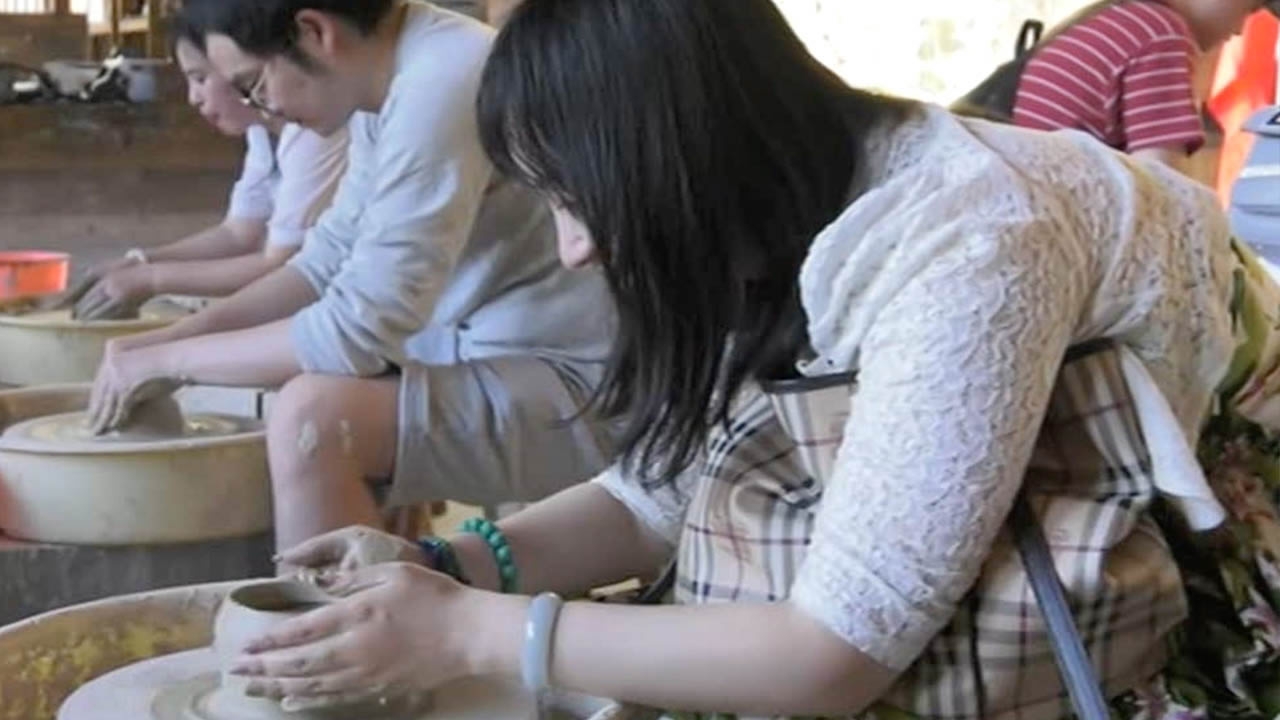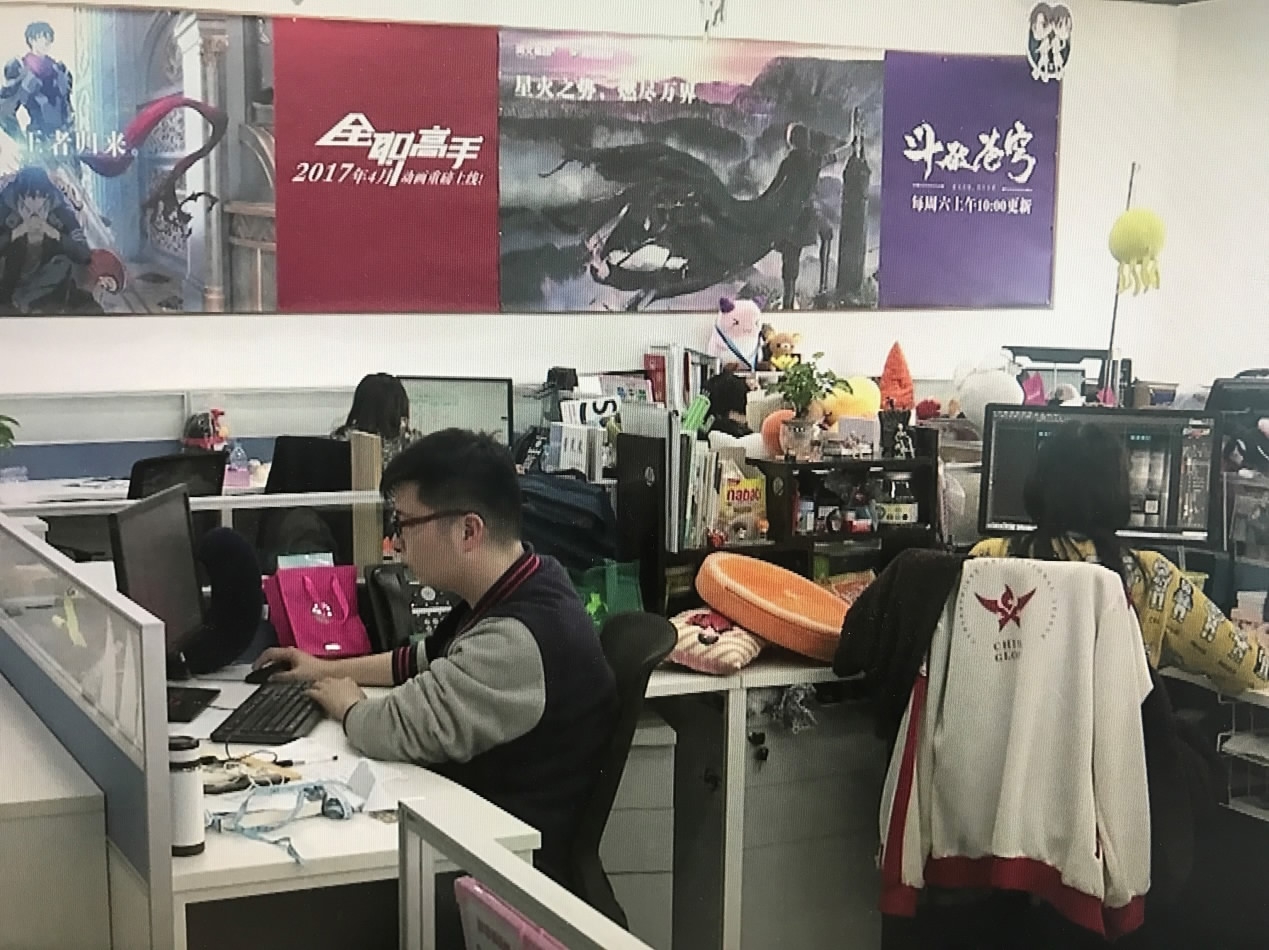
Culture & Sports
19:22, 28-Jul-2017
Web-based writers gain insight at experience camp in Zhejiang Province

By CGTN's Zhang Ke, Yang Ran
Online literature is experiencing a boom in China, and popular writers have been pushed into the limelight. Aiming to spur creativity and to gain a deeper understanding of traditional culture and crafts, a group of web-based writers recently gathered in east China's Zhejiang Province for an experience camp.
This is the first activity organized by the Online Writers' Association of Zhejiang Province and the Longquan Municipal Government. Over the next four days, 13 online novelists will immerse themselves in traditional culture and crafts activities.
"If you want to describe how to make a sword and you don't know what the process is, the only thing you can rely on is your imagination, but imagination can be limited. However, when you see the sparks and feel the heat in a bladesmiths' shop, it will give you more inspiration,” Chen Zhenghua, Vice President of the Zhejiang Online Writers’ Association said.

Sitting in front of a computer for hours with a cup of tea or coffee, creating a virtual world with their knowledge and imagination is the daily routine of most online writers. /CGTN Photo
Sitting in front of a computer for hours with a cup of tea or coffee, creating a virtual world with their knowledge and imagination is the daily routine of most online writers. /CGTN Photo
Chen Zhenghua started writing novels online in 2005 and soon became famous thanks to his kung fu fantasy novels. To make every fight and every costume convincing and realistic as possible, he has read dozens of books.
But that's definitely not enough.
"Even in the virtual world you create online, everything has to make sense. That's why you need real life experiences,” said Chen Zhenghua.
While Chen sees the value of using real life experiences in his work, Cao Qiwen says the experience camp reminds him to focus on the quality of his writing.
"A porcelain maker here told me that they have strict standards for their creations. Only 20 percent of them are qualified. This is just like writing, you cannot just write, quality is very important,” said Cao Qiwen, President of the Zhejiang Online Writers’ Association.

China’s online literature has grown rapidly in recent years, with the market now worth 1.3 billion US dollars. /CGTN Photo
China’s online literature has grown rapidly in recent years, with the market now worth 1.3 billion US dollars. /CGTN Photo
80 percent of online literature readers are aged between 18 and 24, and are easily influenced by what they read. So setting a good example is also crucial.
"What you read, it surely influences you, especially at a young age. So I think I should be more responsible about what I write, because the younger readers need a good influence," said Chen Zhenghua.
As of the end of 2016, there were 333 million online literature readers, accounting for 43.3 percent of the total number of netizens in China, according to the Beijing Municipal Bureau of Press, Publication, Radio, Film and Television.
Among them, 304 million users access literature through mobile phones. But the trend isn't only being seen in China. Chinese online literary works are also gaining popularity abroad.
With the emergence of online translation platforms and software, these works are attracting more and more foreign readers from countries such as the United States, the Philippines and Germany.

SITEMAP
Copyright © 2018 CGTN. Beijing ICP prepared NO.16065310-3
Copyright © 2018 CGTN. Beijing ICP prepared NO.16065310-3